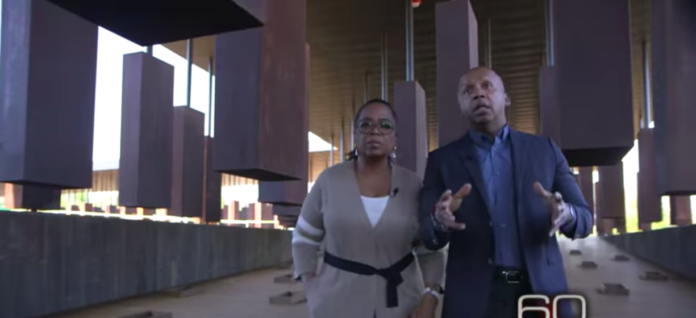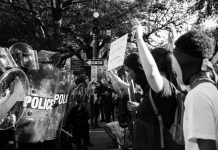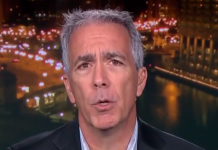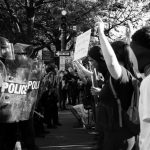When the history of racism in America is recounted, slavery inevitably comes up. However, in the annals of history, specific nuances of the exact terror and trauma inflicted upon Black people in America get erased. The National Memorial for Peace and Justice, one of the country’s first memorials to victims of lynching and racial terrorism, seeks to change that.
Bryan Stevenson, founder, and director of the Equal Justice Initiative spearheaded the project and sees it as a counter-narrative to many myths about one of the darkest chapters in American history.
According to the Washington Post, Stevenson says:
“This landscape is littered with a kind of glorious story about our ‘romantic past. You can’t say that if you fully understand the depravity of human slavery, of bondage, of humiliation and rape and torture and lynchings of people.”
One oft-overlooked fact concerning lynchings is that they were often done in the presence of law enforcement, making them state-sanctioned violence.
Some Black people were the victims of lynchings and violence just because. There was no reason behind them other than racism – and denial of justice. For example, residents of the small, self-sufficient Black town of Rosewood, Florida, experienced the full weight of tyranny when white men lynched a Black resident based on spurious claims that a white woman was beaten and raped by a Black drifter in a nearby town.
According to Stevenson, one lynching victim was a minister. In his 60 Minutes interview with Oprah Winfrey, Stevenson told Allen’s story.
“This was a minister, Reverend T. A. Allen, who began talking to sharecroppers about their rights. And because he was doing that, the plantation owners, the land owners, got together, and they lynched him. And the proof they used that he was somebody worthy of lynching is that when they found his body, he had a piece of paper that talked about sharecropper rights, and the other piece of paper he had in his suit-jacket was a note that said, ‘Every man a king.'”
Perhaps the fact that Stevenson says the evidence for Allen’s lynching was found on his lynched body communicates the gravity and scale of these atrocities that he hopes it does.
Oprah Winfrey visited the memorial with 60 Minutes – watch that here:
Image provided via Youtube screenshot.











